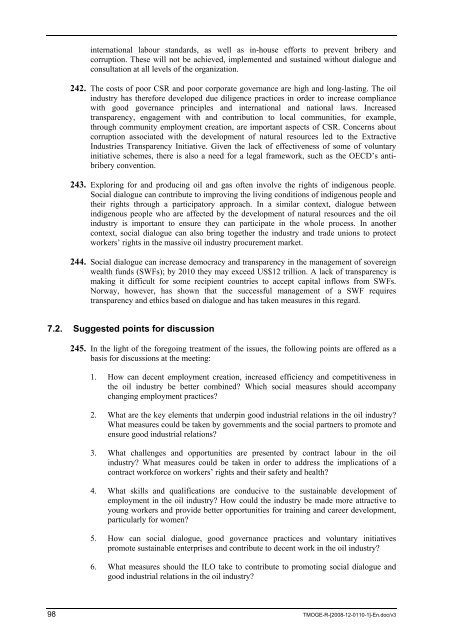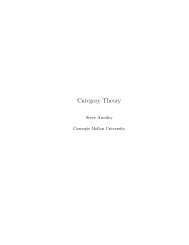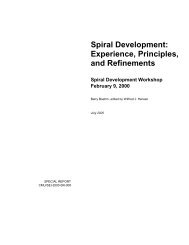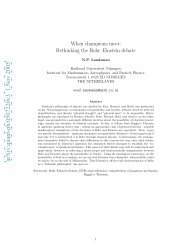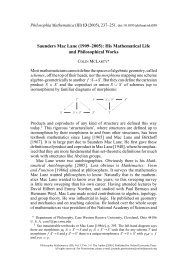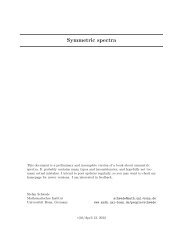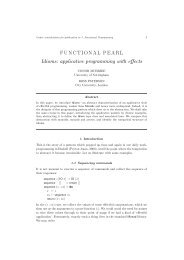wcms_161662
wcms_161662
wcms_161662
You also want an ePaper? Increase the reach of your titles
YUMPU automatically turns print PDFs into web optimized ePapers that Google loves.
international labour standards, as well as in-house efforts to prevent bribery and<br />
corruption. These will not be achieved, implemented and sustained without dialogue and<br />
consultation at all levels of the organization.<br />
242. The costs of poor CSR and poor corporate governance are high and long-lasting. The oil<br />
industry has therefore developed due diligence practices in order to increase compliance<br />
with good governance principles and international and national laws. Increased<br />
transparency, engagement with and contribution to local communities, for example,<br />
through community employment creation, are important aspects of CSR. Concerns about<br />
corruption associated with the development of natural resources led to the Extractive<br />
Industries Transparency Initiative. Given the lack of effectiveness of some of voluntary<br />
initiative schemes, there is also a need for a legal framework, such as the OECD’s antibribery<br />
convention.<br />
243. Exploring for and producing oil and gas often involve the rights of indigenous people.<br />
Social dialogue can contribute to improving the living conditions of indigenous people and<br />
their rights through a participatory approach. In a similar context, dialogue between<br />
indigenous people who are affected by the development of natural resources and the oil<br />
industry is important to ensure they can participate in the whole process. In another<br />
context, social dialogue can also bring together the industry and trade unions to protect<br />
workers’ rights in the massive oil industry procurement market.<br />
244. Social dialogue can increase democracy and transparency in the management of sovereign<br />
wealth funds (SWFs); by 2010 they may exceed US$12 trillion. A lack of transparency is<br />
making it difficult for some recipient countries to accept capital inflows from SWFs.<br />
Norway, however, has shown that the successful management of a SWF requires<br />
transparency and ethics based on dialogue and has taken measures in this regard.<br />
7.2. Suggested points for discussion<br />
245. In the light of the foregoing treatment of the issues, the following points are offered as a<br />
basis for discussions at the meeting:<br />
1. How can decent employment creation, increased efficiency and competitiveness in<br />
the oil industry be better combined? Which social measures should accompany<br />
changing employment practices?<br />
2. What are the key elements that underpin good industrial relations in the oil industry?<br />
What measures could be taken by governments and the social partners to promote and<br />
ensure good industrial relations?<br />
3. What challenges and opportunities are presented by contract labour in the oil<br />
industry? What measures could be taken in order to address the implications of a<br />
contract workforce on workers’ rights and their safety and health?<br />
4. What skills and qualifications are conducive to the sustainable development of<br />
employment in the oil industry? How could the industry be made more attractive to<br />
young workers and provide better opportunities for training and career development,<br />
particularly for women?<br />
5. How can social dialogue, good governance practices and voluntary initiatives<br />
promote sustainable enterprises and contribute to decent work in the oil industry?<br />
6. What measures should the ILO take to contribute to promoting social dialogue and<br />
good industrial relations in the oil industry?<br />
98 TMOGE-R-[2008-12-0110-1]-En.doc/v3


